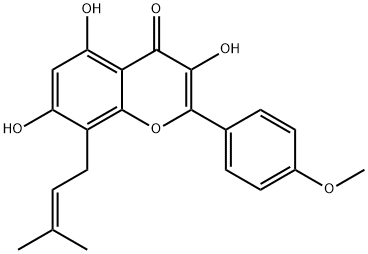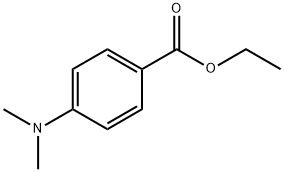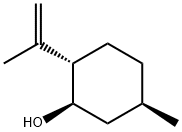
Product Details;
CasNo: 118525-40-9
Molecular Formula: C21H20O6
|
118525-40-9 Name |
|
|
Name |
Icaritin |
|
Synonym |
ICARITIN;3,5,7-Trihydroxy-2-(4-methoxyphenyl)-8-(3-methyl-2-buten-1-yl)-4H-1-benzopyran-4-one;3,7-bis(2-hydroxyethyl)icaritin;Icaritin, >98%;3,5,7-trihydroxy-2-(4-methoxyphenyl)-8-(3-methylbut-2-enyl)chromen-4-one;Icaritin(Anhydroicaritin);Icaritin>;4H-1-Benzopyran-4-one,3,5,7-trihydroxy-2-(4-methoxyphenyl)-8-(3-methyl-2-buten-1-yl)- |
|
118525-40-9 Chemical & Physical Properties |
|
|
Melting point |
239ºC |
|
Boiling point |
582.0±50.0 °C at 760 mmHg |
|
Density |
1.4±0.1 g/cm3 |
|
Molecular Formula |
C21H20O6 |
|
Molecular Weight |
368.380 |
|
Flash Point |
206.7±23.6 °C |
|
PSA |
100.13000 |
|
LogP |
4.84 |
|
Exact Mass |
368.125977 |
|
Appearance of Characters |
light yellow to dark yellow |
|
Vapour Pressure |
0.0±1.7 mmHg at 25°C |
|
Index of Refraction |
1.657 |
|
Storage condition |
2-8°C |
|
Water Solubility |
DMSO: soluble5mg/mL, clear (warmed) |
|
118525-40-9 Description |
|
Icaritin(Anhydroicaritin) is a component of Epimedium flavonoid isolated from Herba Epimedii; enhances osteoblastic differentiation of mesenchymal stem cells (MSCs) while it inhibits adipogenic differentiation of MSCs by inhibiting PPAR-g pathway.IC50 value:Target: in vitro: Icaritin was unable to promote proliferation, migration and tube like structure formation by human umbilical vein endothelial cells (HUVECs) in vitro [1]. Icaritin potently inhibited proliferation of K562 cells (IC50 was 8 μM) and primary CML cells (IC50 was 13.4 μM for CML-CP and 18 μM for CML-BC), induced CML cells apoptosis and promoted the erythroid differentiation of K562 cells with time-dependent manner. Furthermore, Icaritin was able to suppress the growth of primary CD34+ leukemia cells (CML) and Imatinib-resistant cells, and to induce apoptosis [2]. icaritin strongly inhibited the growth of breast cancer MDA-MB-453 and MCF7 cells. At concentrations of 2-3 μM, icaritin induced cell cycle arrest at the G(2)/M phase accompanied by a down-regulation of the expression levels of the G(2)/M regulatory proteins such as cyclinB, cdc2 and cdc25C. Icaritin at concentrations of 4-5 μM, however, induced apoptotic cell death characterized by the accumulation of the annexin V- and propidium iodide-positive cells, cleavage of poly ADP-ribose polymerase (PARP) and down-regulation of the Bcl-2 expression [3].in vivo: In mouse leukemia model, Icaritin could prolong lifespan of NOD-SCID nude mice inoculated with K562 cells as effective as Imatinib without suppression of bone marrow. Icaritin could up-regulate phospho-JNK or phospho-C-Jun and down-regulate phospho-ERK, phospho-P-38, Jak-2, phospho-Stat3 and phospho-Akt expression with dose- or time-dependent manner. |
|
118525-40-9 Uses |
|
Icaritin is a hydrolytic product of Icariin, a traditional Chinese herbal medicine extracted from the Epimedium genus. Icaritin and Desmethylicaritin, is two metabolites of Icariin, dramatically inhibit the growth of most malignant cells. They also have significant antiangiogenesis properties, inhibiting or eliminating entirely the development of new malignant cells. Icaritin has been used in trials studying the treatment of Solid Tumors, Metastatic Breast Cancer, and Hepatocellular Carcinoma (HCC). |
Relevant Products
-
4-Hydroxyphenethyl alcoholCAS NO.: 501-94-0
CAS:501-94-0
-
Ethyl 4-dimethylaminobenzoate
CAS:10287-53-3
-
ISOPULEGOL
CAS:89-79-2








